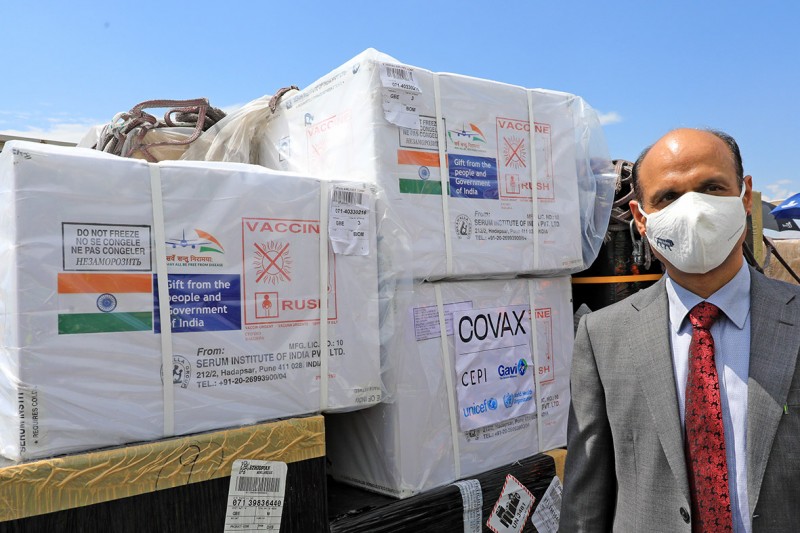What is COVISHIELD?
Mbongeni Mguni | Tuesday March 9, 2021 16:00


So what is COVISHIELD?
According to available research, COVISHIELD is the Oxford-AstraZeneca vaccine being manufactured in India under licence by the Serum Institute of India (SII). SII is the world's largest vaccine manufacturer currently pushing out more than 50 million doses each month.
SII has anchored the recent deliveries of vaccines to African countries under the World Health Organisation’s COVAX scheme, which involves 180 countries and aims at more equitable vaccine distribution. So COVISHIELD is the “brand name” of Oxford-AstraZeneca when manufactured by SII in India.
According to the research, COVISHIELD vaccine is made from a weakened version of a common cold virus (known as an adenovirus) from chimpanzees. It has been modified to look more like coronavirus - although it cannot cause illness.
“When the vaccine is injected into a patient, it prompts the immune system to start making antibodies and primes it to attack any coronavirus infection,” reads a recent BBC report on COVISHIELD.
“The jab is administered in two doses given between four and 12 weeks apart.
“It can be safely stored at temperatures of 2C to 8C, about the same as a domestic refrigerator, and can be delivered in existing health care settings such as doctors' surgeries.
“This makes it easier to distribute than some of the other vaccines.”
A recent Lancet study revealed that COVISHIELD has an efficacy rate of up to 81.3% if two doses are administered 12 weeks apart. The study showed that people younger than 55 develop a two-fold antibody response against the virus if the doses were taken 12 weeks apart.
The Lancet study showed that efficacy was highest when people received a standard dose, then a lower dose 12 weeks apart.
Today’s donation comes after health services director, Malebogo Kebabonye confirmed recently that government was expecting vaccines to arrive through payments already made, as well as bilateral arrangements.
“We are expecting 100,800 doses through COVAX and we are also expecting 30,000 doses through our friendship alliances,” she told a televised briefing on February 26.
“From the target groups under Phase One of the vaccine rollout, these doses should reach 72% of that group, which is a good position for us to monitor the outcomes of the vaccine.”
